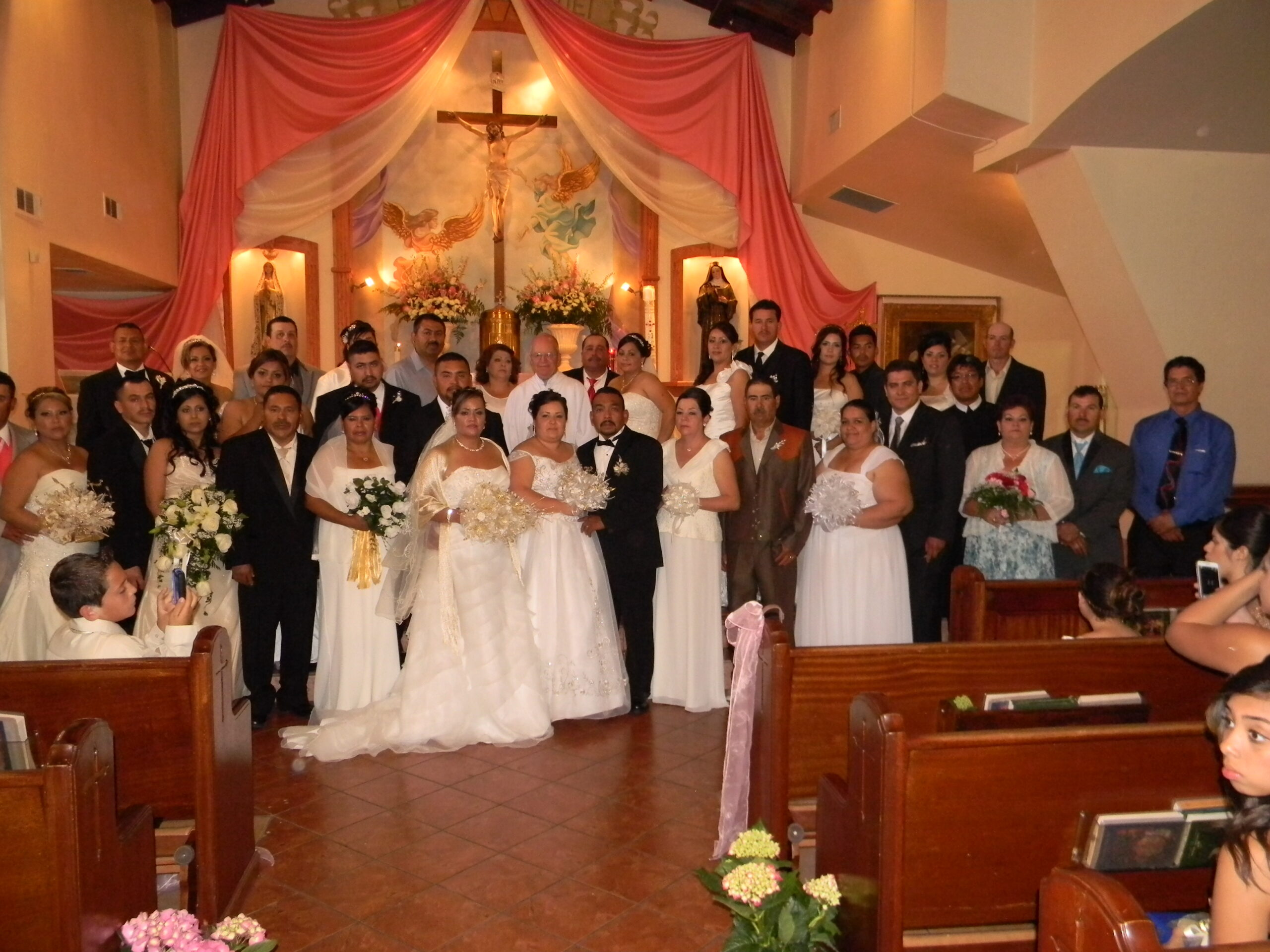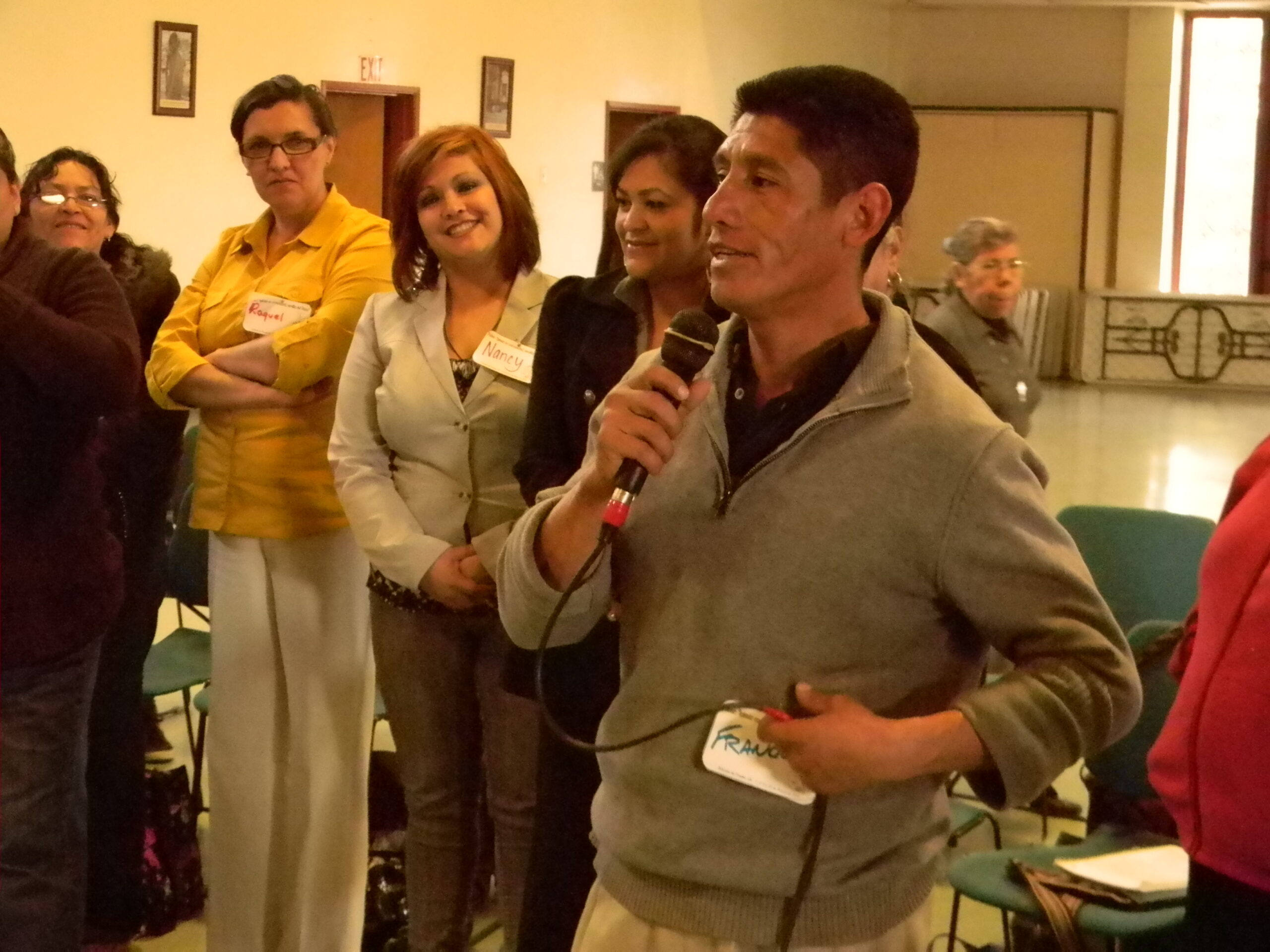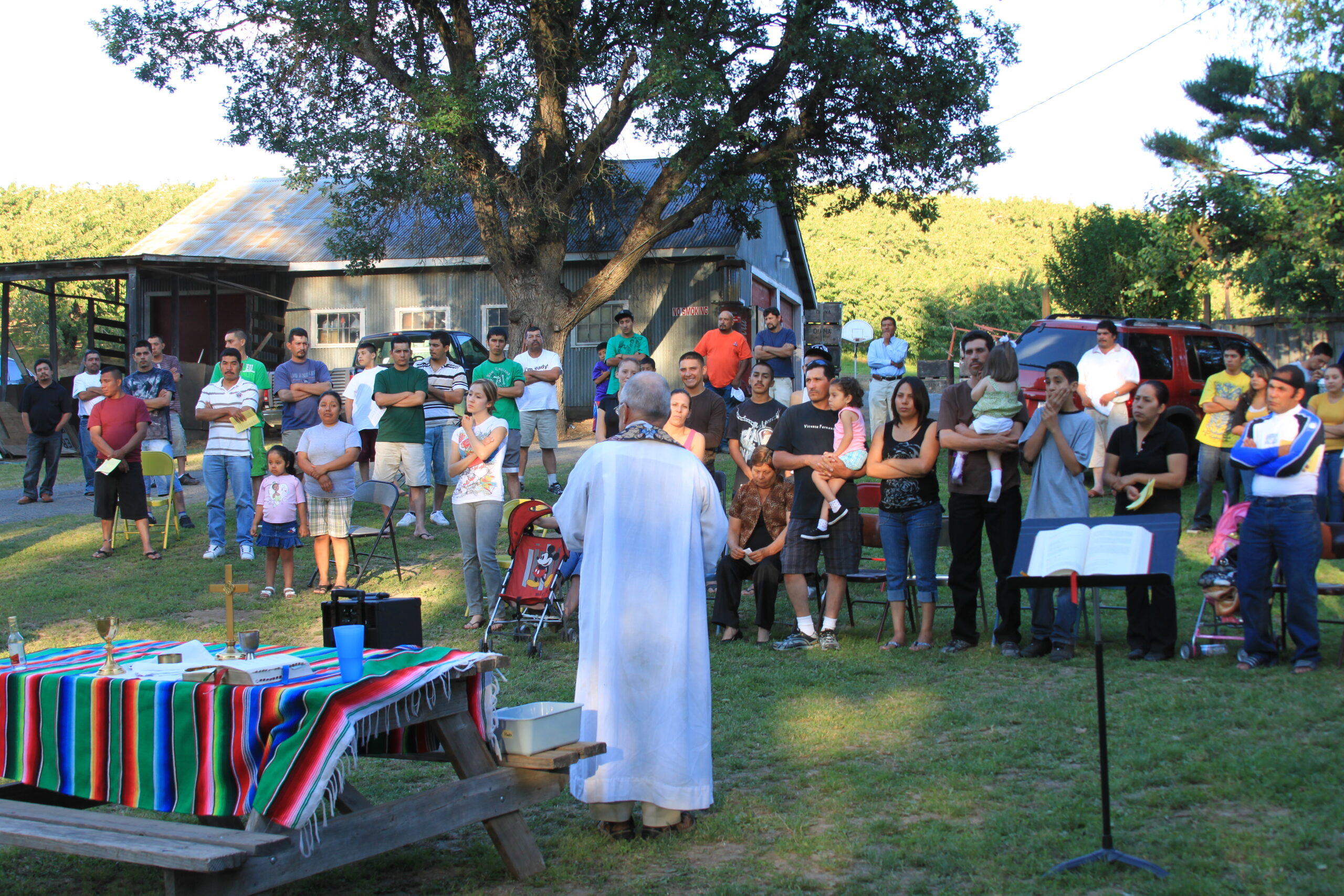How should we respond to divorce? / ¿Cómo debemos responder al divorcio?
¿Cómo debemos responder al divorcio?
(Considera el evangelio de la misa de hoy)
Cuando leo la historia de la mujer samaritana junto al pozo, tengo duda sobre cómo responder pastoralmente al divorcio. En la comunidad católica, vivimos con un enfoque idealista del matrimonio. La persona casada se compromete a un compromiso por toda la vida. Los que divorcian se experimentan exclusión dentro de la Iglesia Católica. ¿Deberíamos sentirnos cómodos con nuestro ministerio a los divorciados?
En este evangelio, Jesús hablaba con la Samaritana y ella tenía la fe ardiendo dentro de ella. Sintió su amor, respeto y el perdón de Dios. Estaba tan conmovida por el hecho de que Jesús la tratara con dignidad y alegría que fue al pueblo y anunció que él podría ser el Mesías. Ella fue su testigo para el pueblo, y muchos salieron a verlo.
¿Cómo podemos comparar el encuentro de Jesús y la Samaritana con la experiencia de los divorciados en la Iglesia hoy? En la Comunión tenemos una experiencia íntima con Jesús. Hay tantos en matrimonios irregulares asistiendo las misas, pero no comulgan. Me siento triste y vergonzoso que la mujer Samaritana no pudo comulgar en la pastoral de la Iglesia hoy. Necesitamos mejores prácticas para abordar a los divorciados.
(Si tienes observaciones o preguntas para Padre Migrante, envían las a padremigrante@gmail.com)
How should we respond to divorce?
(Consider the gospel for today’s Mass)
When I read the story of the Samaritan woman at the well, I wonder how to respond pastorally to divorce. In the Catholic community, we live with an idealistic approach to marriage. The married person commits to a lifetime commitment. Those who divorce experience exclusion within the Catholic Church. Should we be comfortable with our ministry to the divorced?
In this gospel, as Jesus spoke with the Samaritan woman, she had faith burning inside her. She felt his love, respect, and the forgiveness of God. She was moved by the way that Jesus treated her, with dignity and joy, that she went to her town and announced that he might be the Messiah. She was his witness to the people, and many came out to see him.
How can we compare the encounter of Jesus and the Samaritan woman with the experience of the divorced in the Church today? In Communion we have an intimate experience with Jesus. There are so many in irregular marriages attending the masses, but they do not receive Communion. I feel sad and ashamed that the Samaritan woman could not receive Communion in the pastoral ministry of the Church today. We need better ways to approach the divorced.
(If you want Padre Migrante to respond to your concerns or questions, write to: padremigrante@gmail.com)
Oh Jesús, tú nos llamas: “Síganme”. Bendice, Señor, a todos los que acogen tu llamado. Puede que el camino no sea fácil, pero tenemos la confianza de que todo es posible si caminamos contigo. Que este viaje nos abra los ojos a las maravillas de tu amor por nosotros. Oramos por toda tu gente, por todos los creyentes e incrédulos, por los líderes y seguidores. Oramos por la sanación, el perdón, la compasión, la justicia y la paz. Oramos para que, al seguirte, nosotros también podamos ser pescadores de hombres. Bendícenos en nuestro viaje.
O Jesus, you call us, “Come after me.” Bless, O Lord, all who welcome your call. The path may not be easy, but we have confidence that all things are possible if we walk with you. May this journey, open our eyes to the wonders of your love for us. We pray for all your people, for all believers and unbelievers, for leaders and followers. We pray for healing, for forgiveness, for compassion, for justice, for peace. We pray that as we follow you, we too can be fishers of men. Bless us on our journey.






